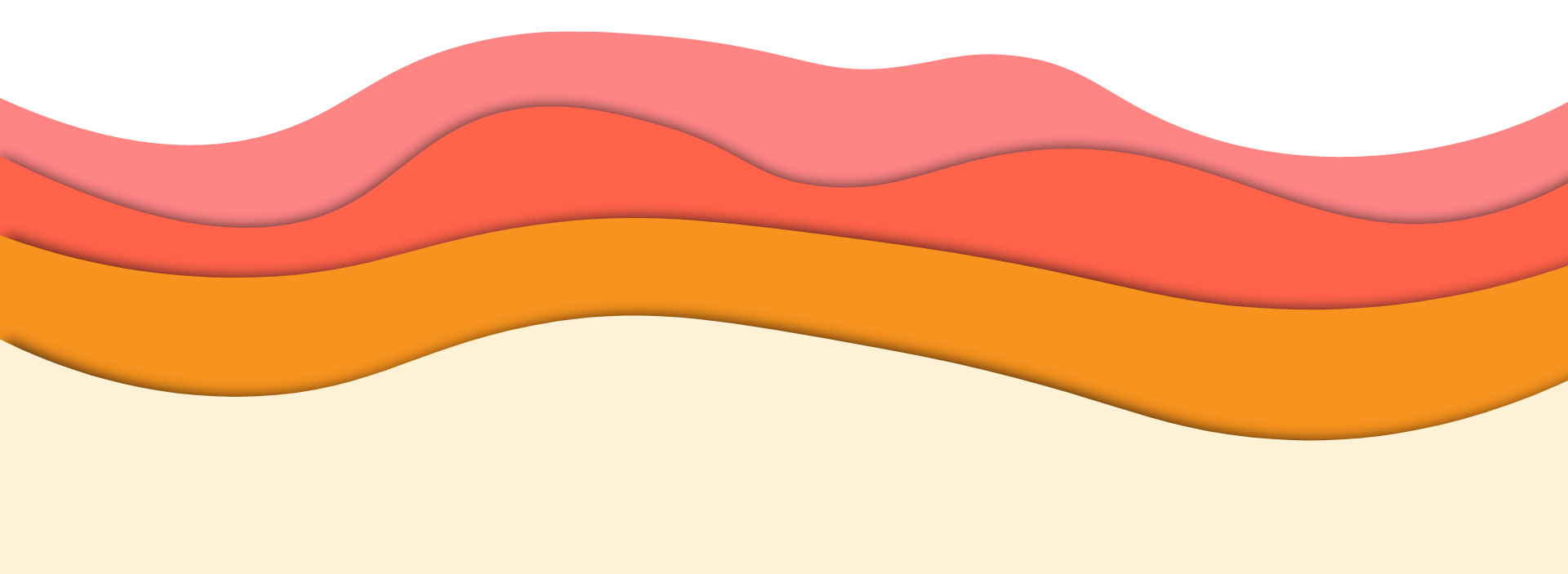Can Heart Disease Be Genetic?

It’s no secret that a great deal of cardiovascular disease is linked to lifestyle factors; smoking, lack of exercise, or a diet resulting in abnormal blood cholesterol levels can all accelerate the development of blocked arteries and stiff heart valves. However, whilst the Cardiologist Doctors at EchoMed are always promoting healthy lifestyle changes, we also acknowledge that some cardiac conditions are the direct result of something else: your genetics.
Inherited Heart Muscle Diseases
In our clinic, we are experts at screening people for the presence of inherited heart muscle diseases, such as hypertrophic cardiomyopathy (HCM). In many cases, patients with HCM were born with an abnormal version of a gene – such as the MYH7 gene – which, as they have reached adulthood, has caused the heart muscle to become abnormally thick.
In severe HCM, the central portion of the heart muscle (the ‘septum’) becomes so thick that it can obstruct blood leaving the heart each time it pumps. This process (known as ‘outflow tract obstruction’) can cause unpleasant symptoms such as shortness of breath, palpitations, or fainting, and, unfortunately, is associated with life-threatening heart rhythm problems. A cardiac ultrasound (or echo) is the gold standard for diagnosing cardiomyopathy, including HCM.
This video shows ultrasound images from a healthy heart versus a heart with HCM. In this case, the diagnosis was made early enough for the patient to be referred on to a specialist for further management, which included medications to reduce outflow tract obstruction and improve symptoms, and, ultimately, implantation of a defibrillator device to protect against cardiac arrest.

The genetic abnormalities associated with HCM are not common. However, cardiac ultrasound is completely safe and painless, and it can diagnose a variety of important heart conditions at the point of care, including those which run in families. As such, our Cardiologist Doctors recommend cardiac screening to anybody concerned about the possibility of heart muscle disease, whether they have symptoms or not.
If you have any questions about genetic cardiac conditions, please email us directly at admin@echomed.damteqstaging.co.uk



